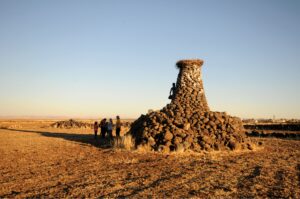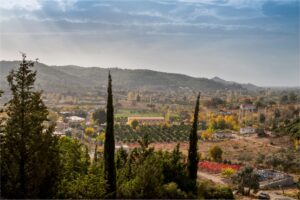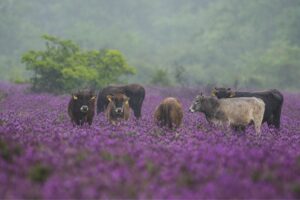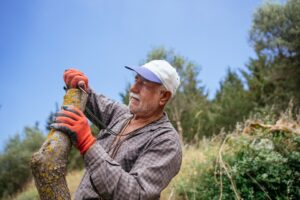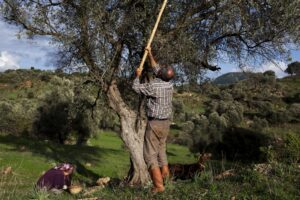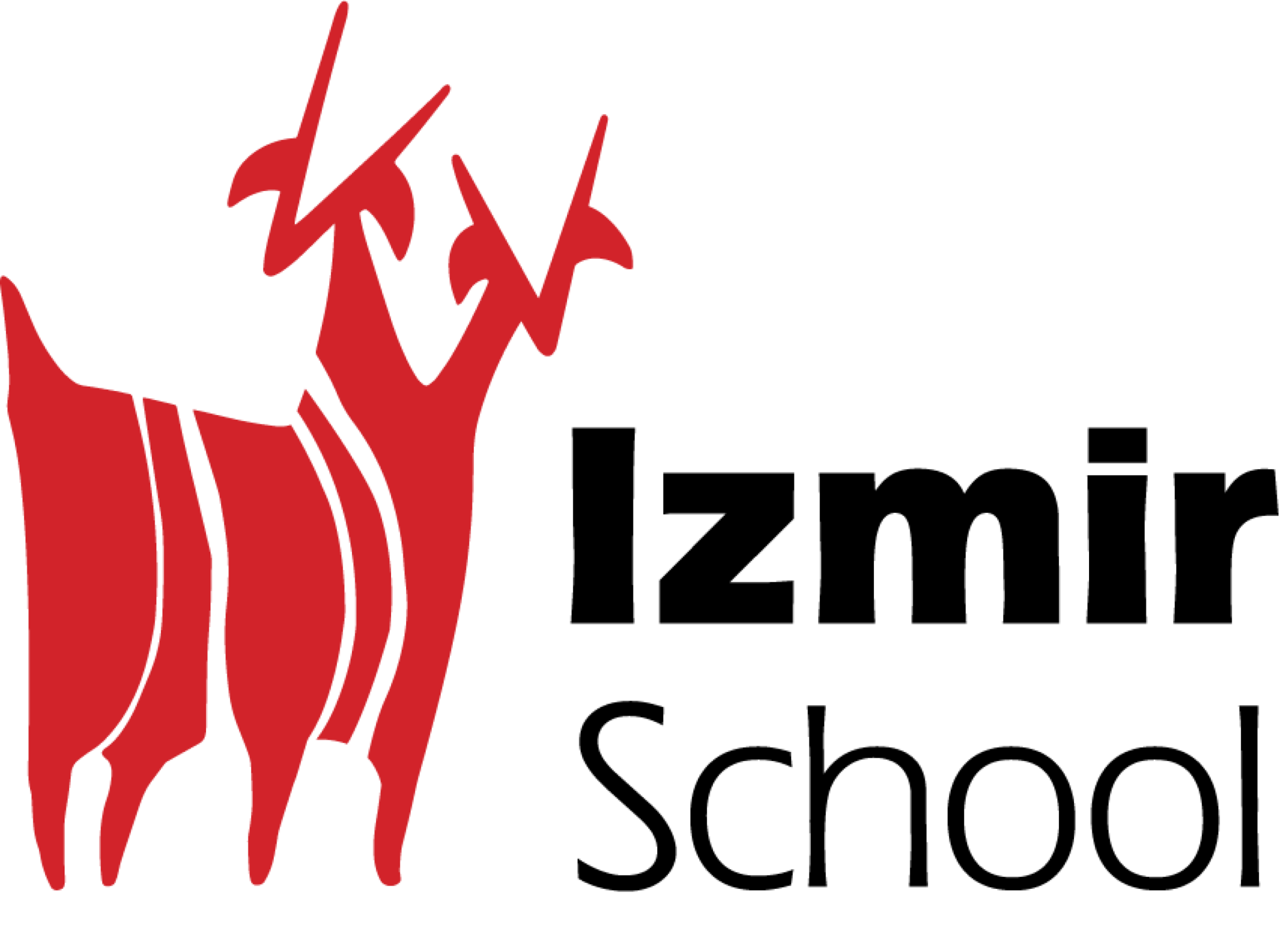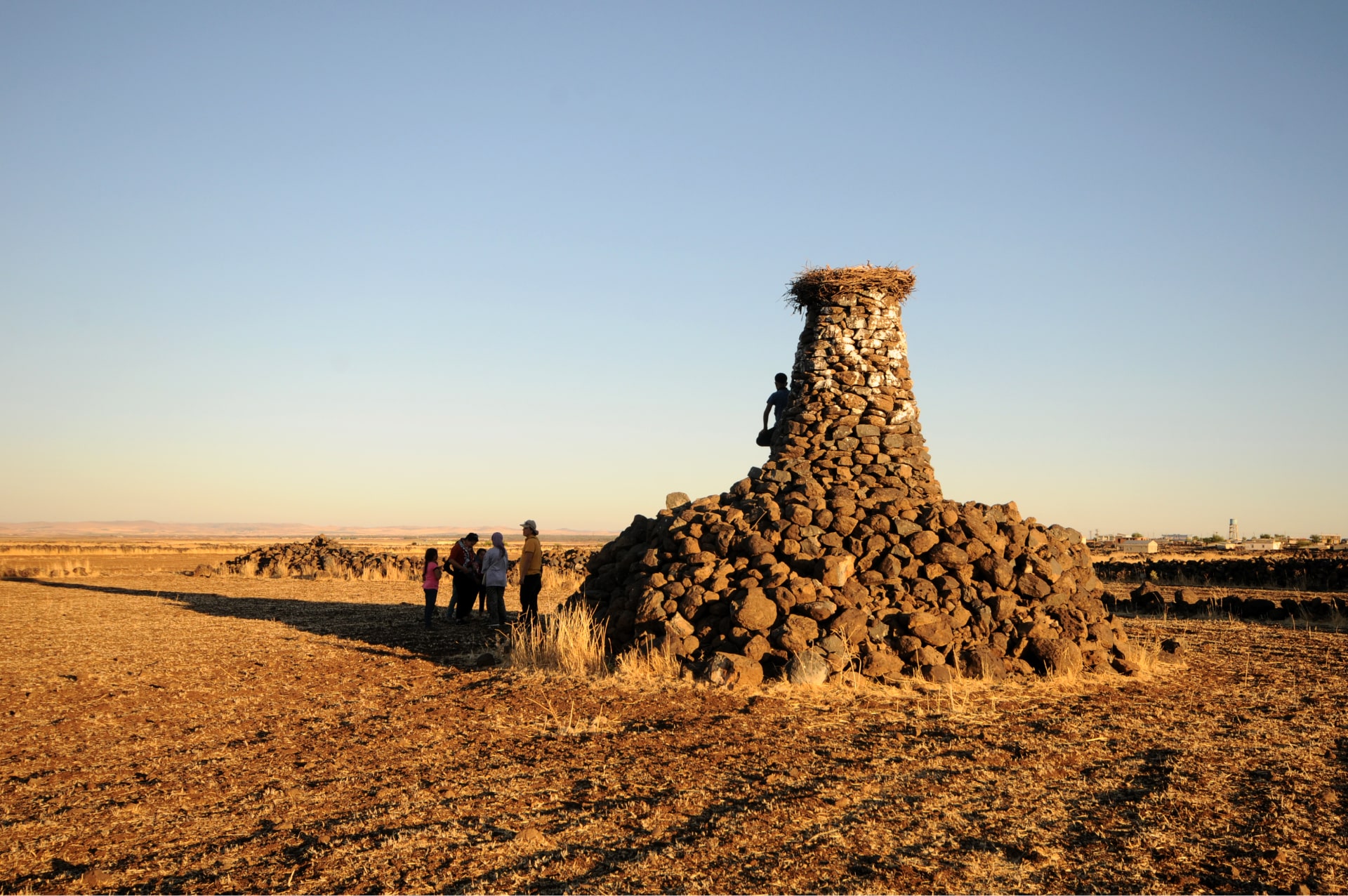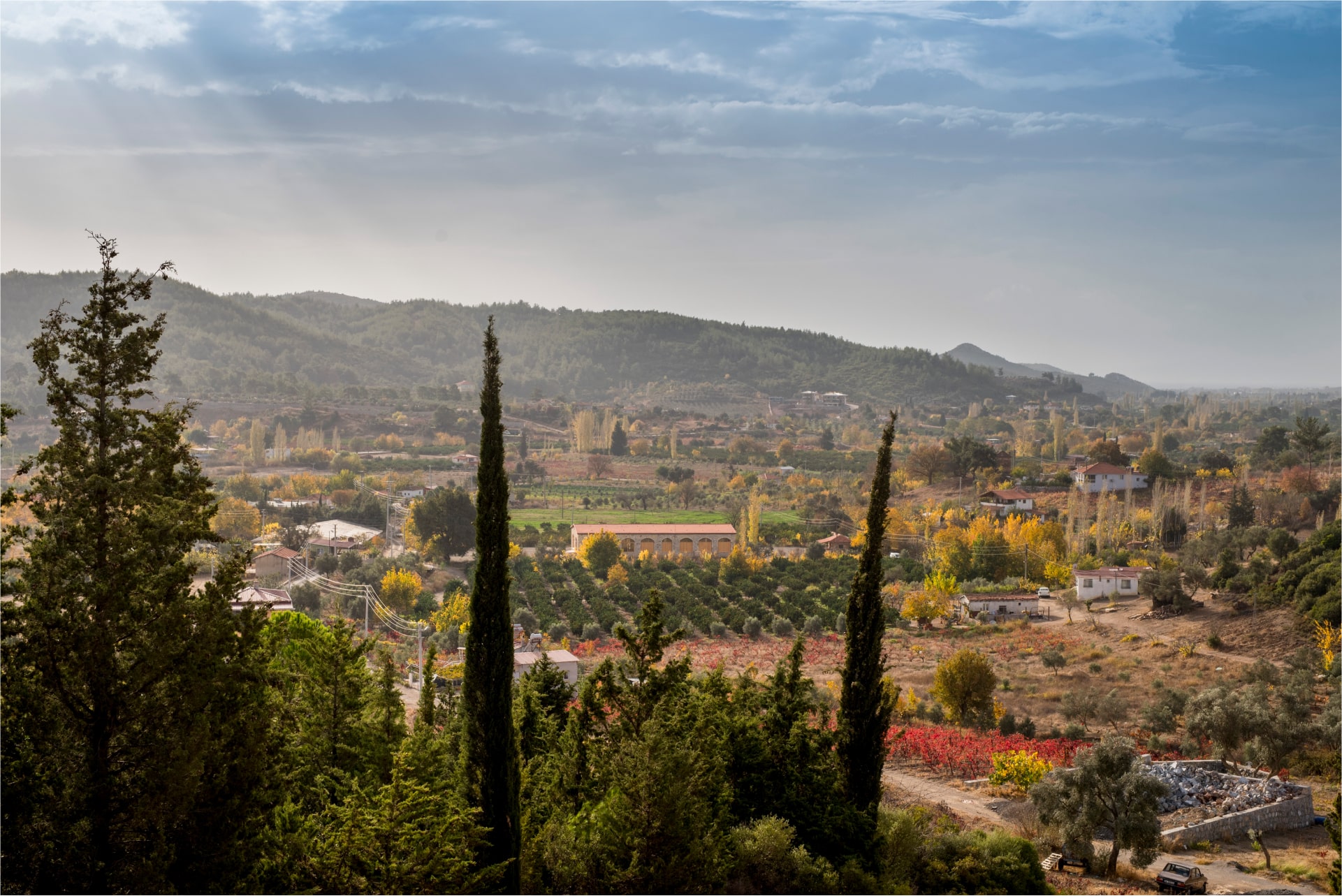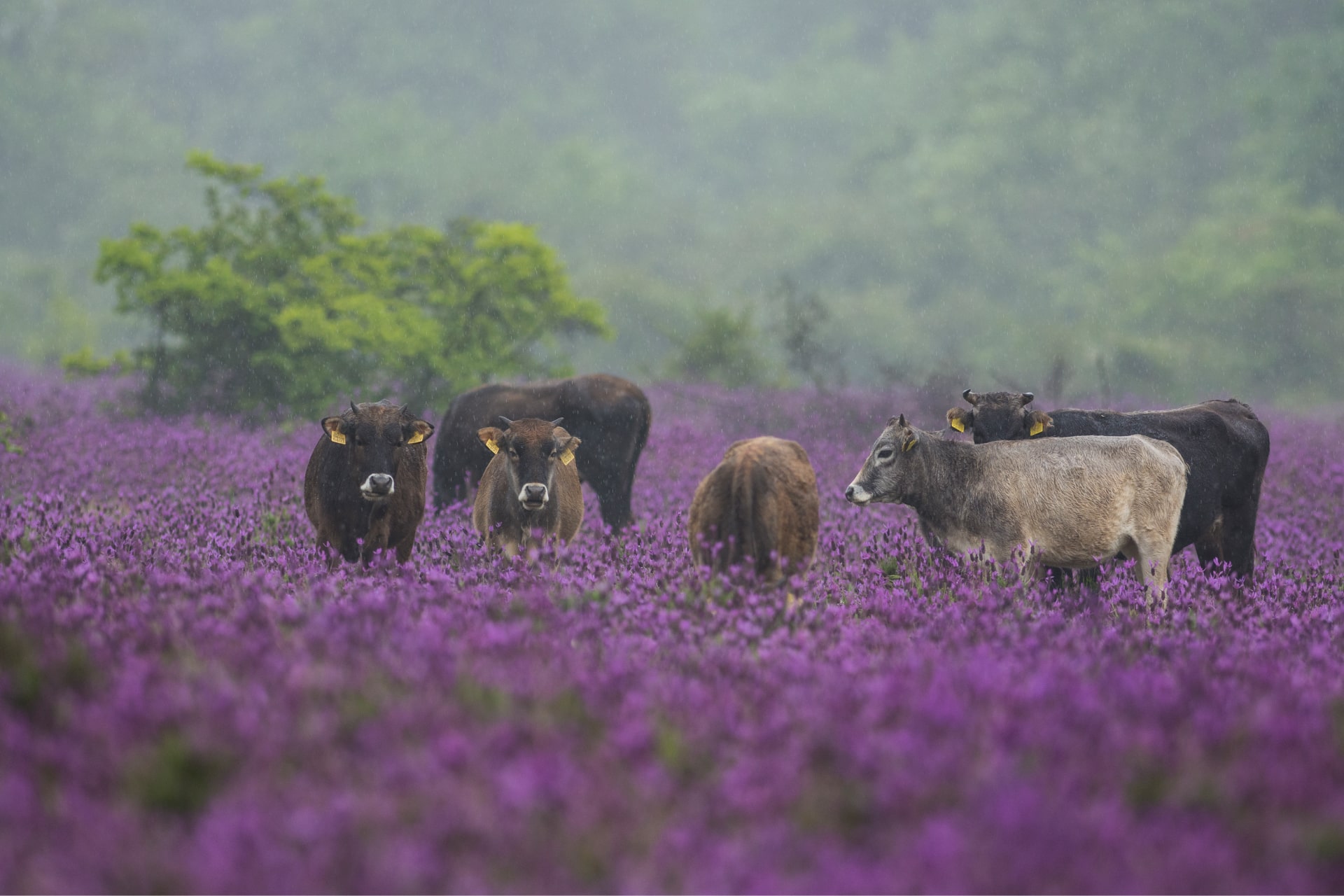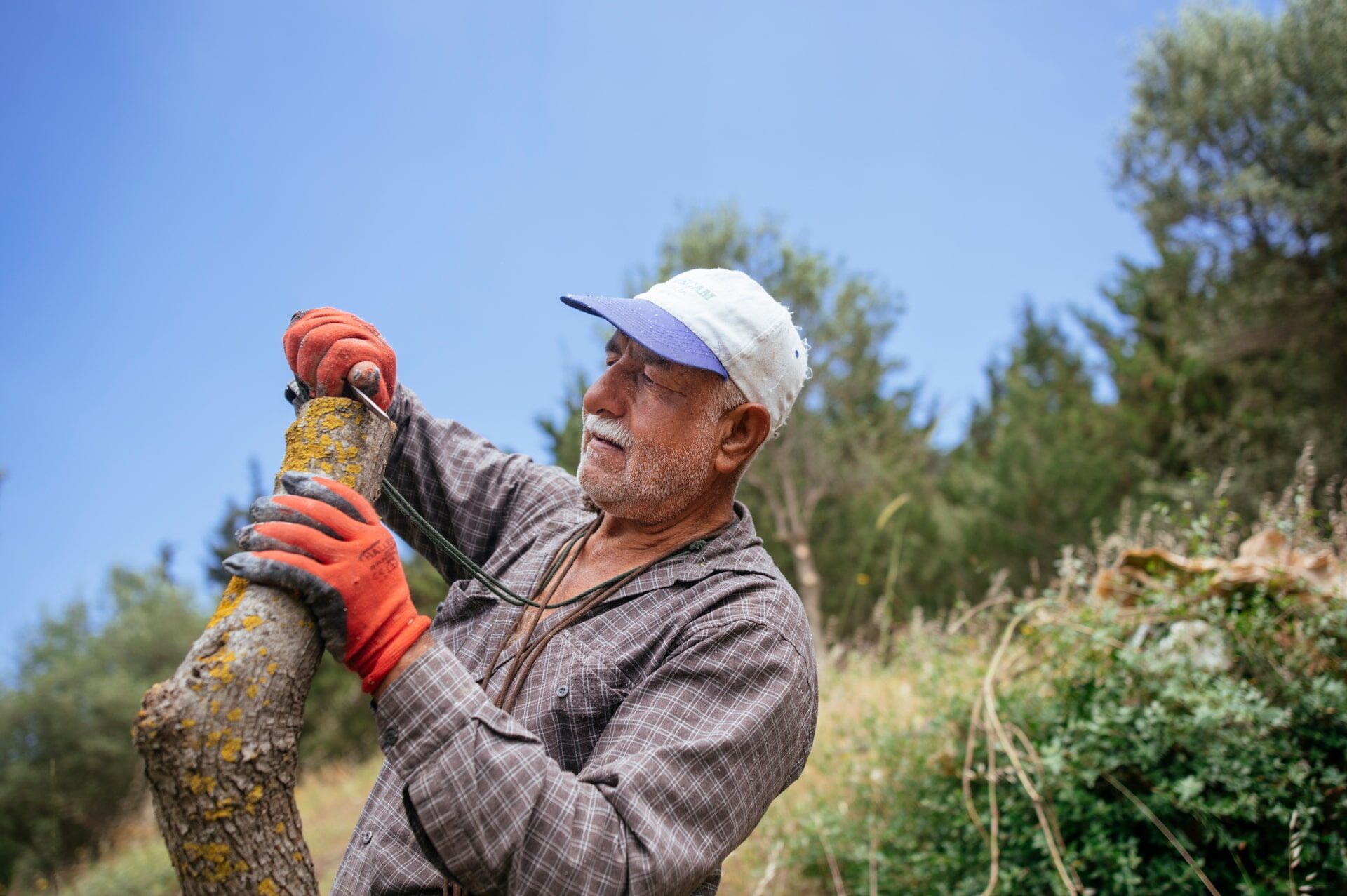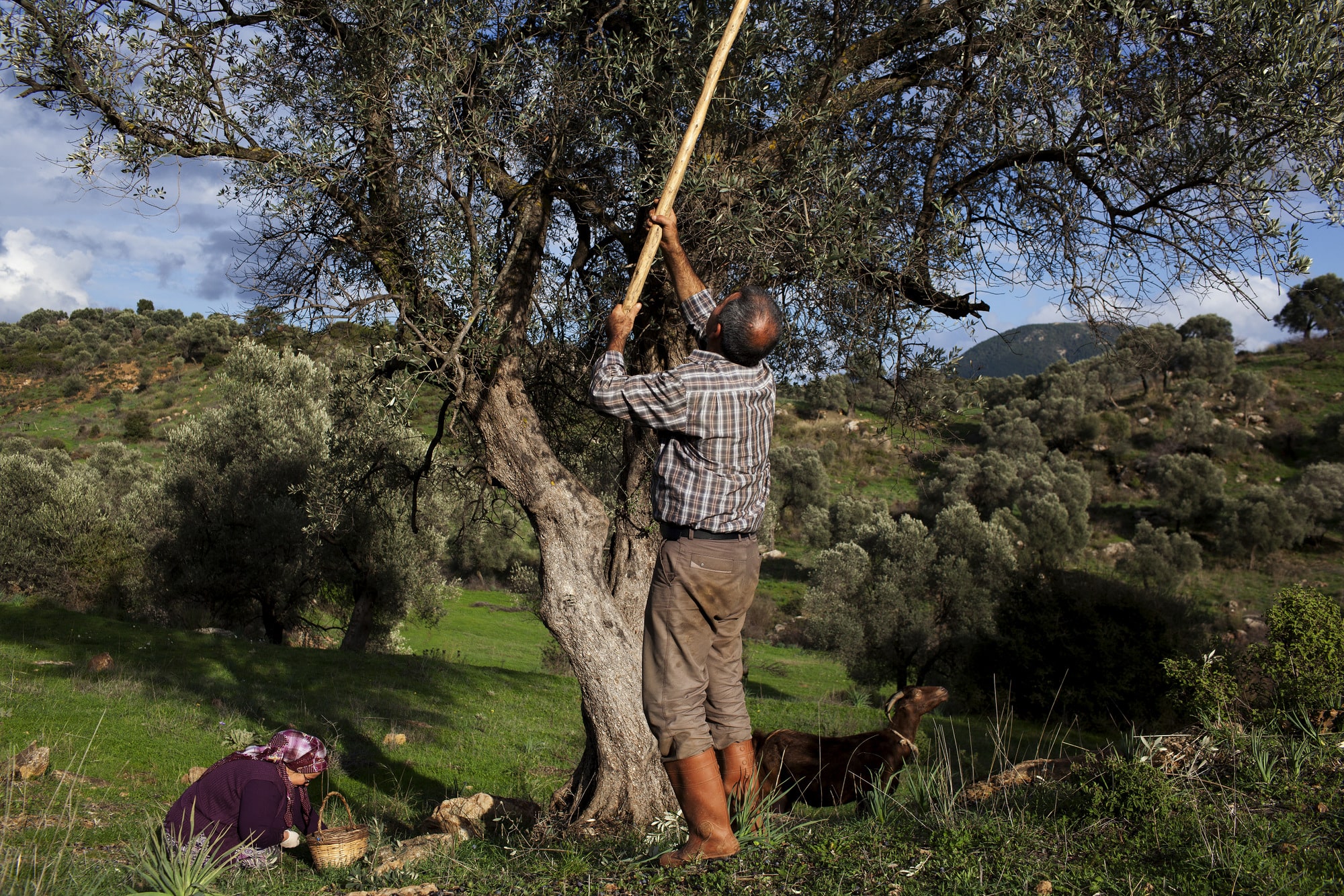Welcome to the Ecology of Food Lab at Izmir School, where our research explores the complex relationships between food systems and their ecological contexts through the integrative framework of agroecology. Rooted in the rich intellectual traditions of the Aegean and Eastern Mediterranean, our lab applies advanced methodologies to tackle sustainability and conservation challenges within agricultural landscapes, emphasizing the role of Indigenous Production Landscapes and Globally Important Agricultural Heritage Systems (GIAHS) as living models of resilient agroecological systems.
Our work highlights the vital importance of Indigenous Production Landscapes and GIAHS, which embody centuries-old agroecological knowledge and practices that sustain biodiversity, cultural heritage, and ecosystem services. We conduct detailed research on these landscapes, focusing on their role in maintaining agricultural biodiversity and resilience in the face of climate change and land degradation.
We also engage closely with the Presidium concept of the Slow Food Biodiversity Foundation, which champions the protection of endangered foods and traditional production methods worldwide. Through this collaboration, we document and support artisanal practices and biodiversity conservation within pastoral olive landscapes and indigenous crop varieties, embedding agroecological principles into sustainable food production.
Our research encompasses biodiversity conservation in dry agricultural habitats, agroecological system dynamics, and food chain interactions, aiming to design strategies that enhance ecosystem health and productivity. By integrating soil science, basin-level crop modeling, and lifecycle assessments, we develop agroecological solutions that balance productivity with environmental stewardship.
Ultimately, our lab seeks to bridge the divide between food production and ecological sustainability by advancing knowledge of Indigenous Production Landscapes, GIAHS, and promoting the Presidium approach, applying cutting-edge agroecological science. Join us in advancing the science and practice of agroecology to preserve biodiversity, support food security, and protect the cultural landscapes of Türkiye and beyond.
Our ongoing research includes:
- We monitor agroecological indicators and develop strategies to enhance the biodiversity index of Turkey’s first Slow Food Farm, the Sevilma Olive Garden, situated within the Orhanlı Valley indigenous olive landscape.
- We study the principles and criteria of Indigenous Production Landscapes as ancient precursors of agroecology. In these landscapes, we conduct research on local drought-resistant varieties of domestic plants and animals. Our primary research sites include Orhanlı Valley and Hatundere in İzmir, Taşlıca in Muğla, and the Taş Tepeler region in Şanlıurfa provinces of Türkiye.
- We document the pastoral olive landscapes of the Aegean region of Türkiye and examine the artisanal handcraft techniques that sustain these landscapes, which form a pillar of both UNESCO’s Intangible Cultural Heritage and the Slow Food Presidium programs. Together with Slow Food Mahal and Seferihisar Doğa Okulu, we aim to characterize and record the culinary attributes of the Extra Virgin Olive Oil from the Aegean Indigenous Landscapes Presidium.
